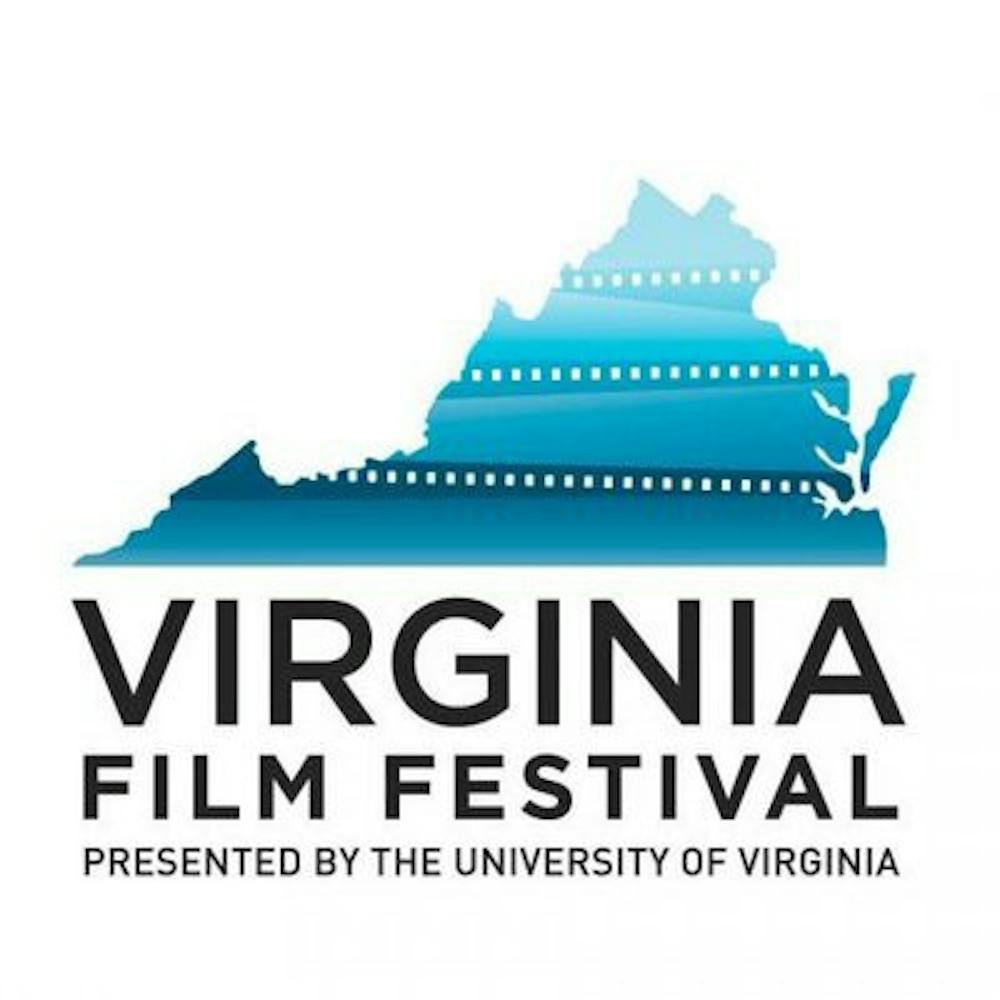For almost three decades, the Virginia Film Festival has provided the Charlottesville area with the opportunity to appreciate film and learn about the artists and histories that inspired great works. As VFF enters its 27th year, it continues to expand its reach within the University and Charlottesville communities.
Originally called the Virginia Festival of American Film when it began in the late 1980s, VFF has since been integrated with the University’s academic program under the College and Graduate School of Arts & Sciences and its focus has broadened to include international films.
While previous years featured an over-arching theme for the festival, this practice has been dropped in an effort to bring the best in current cinema each year, said festival director Jody Kielbasa, who is also the University’s Vice Provost for the Arts. This new focus on “current cinema” has resulted in the exploration of a large number of different themes, augmenting the films with lectures and panels.
Of all the films shown every year, six to eight are “awards” films, such as Oscar-nominated “Nebraska” — featured last year with a post-film discussion with actor and “Saturday Night Live” alum Will Forte. Four to six are classic films in the National Film Registry. The festival also highlights local filmmakers, Kielbasa said, citing last year’s “CLAW,” a film about arm-wrestling, co-directed by local Brian Wimer.
“(VFF) has grown significantly over the last five years,” Kielbasa said, with both the number of films screened and the attendance doubling. Kielbasa took over the festival in 2009, and has spent his tenure focusing on bettering the collaborations between the festival and the University and other social service organizations.
“These partnerships distinguish the festival,” Kielbasa said, “[VFF] relies on the creative and intellectual firepower of the University.” Such collaboration is crucial in order to organize special VFF events in the community.
Recent events have included a partnership with the Miller Center for a Presidency in Film series, featuring films like documentary “Our Nixon” and a screening of “All The President’s Men” for the 40th anniversary of the Watergate break-in. The screening then featured a panel featuring Bob Woodward, Carl Bernstein, and Governor Gerald Baliles.
The festival also partners with the Center for Politics “to screen films that mark important political and social events of the sixties,” Kielbasa said in an email. This series included a screening of “JFK,” featuring a discussion with director Oliver Stone and Larry Sabato, and “Freedom Riders” with director Stanley Nelson and several of the participants in the real Freedom Rides.
“I truly believe that the Virginia Film Festival distinguishes itself … through [its] ability to bring in significant guests who have made history or significant contributions to our world,” Kielbasa said.
The festival also provides ample opportunities for student involvement, offering internships for students in various areas of the festival including outreach, marketing and production. All areas are integrated so that interns get a comprehensive view of the work that goes into making VFF a reality each year.
The festival also features a program for aspiring filmmakers called the Adrenaline Film Project. In the program, teams of three write, cast, shoot and edit a full film in just 72 hours. The resulting films are then screened competitively at the festival where audiences vote on the films and the creators take part in an awards ceremony. These teams work with mentors — “Kick-Ass 2” director Jeff Wadlow was among them at one point in the festival’s history. The program is also open to community members and out-of-state teams.
Though the huge growth of the festival in the last five years, Kielbasa said there is still room for improvement.
“The Virginia Film Festival has been fortunate to enjoy significant growth in these past five years … but I firmly believe that our future lies in continuing to craft a program of the very finest cinema in any given year,” Kielbasa said.
The festival averages 6,000 student attendees per year. With free tickets available for all students, the festival — which announces its full lineup October 7 — promises to be a continued force within the University community.





